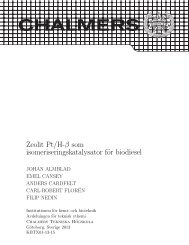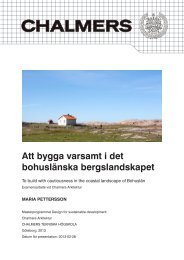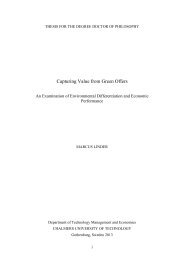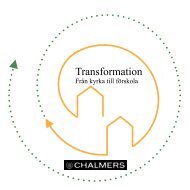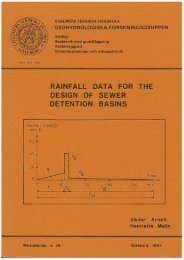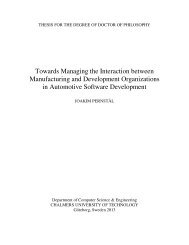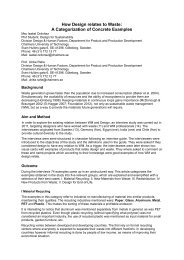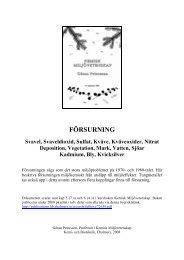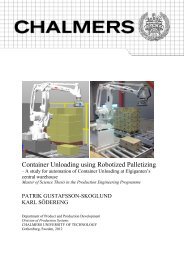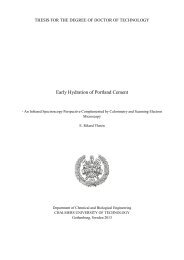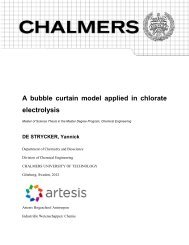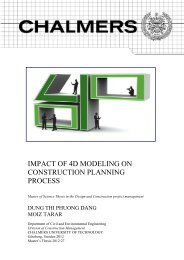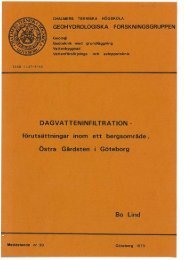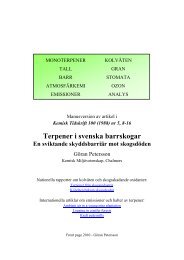A computational grammar and lexicon for Maltese
A computational grammar and lexicon for Maltese
A computational grammar and lexicon for Maltese
Create successful ePaper yourself
Turn your PDF publications into a flip-book with our unique Google optimized e-Paper software.
The definite article is the proclitic il-, which becomes l- in front of vowels <strong>and</strong> where the l<br />
changes to match succeeding coronal consonants: il- + dar → id-dar (‘the house’). The article<br />
also joins with prepositions, ma + il- + <strong>for</strong>nar → mal-<strong>for</strong>nar (‘with the baker’). It is invariant<br />
<strong>for</strong> gender, number <strong>and</strong> used <strong>for</strong> both both nouns/adjectives. Absence of the article gives the<br />
indefinite <strong>for</strong>m.<br />
Except <strong>for</strong> the numeral wieħed (‘one’), all cardinal numerals precede the noun they quantify.<br />
This is true <strong>for</strong> all other quantifiers <strong>and</strong> demonstratives, which are located to the left of the<br />
noun which has to host the definite article if the demonstrative is used: dan + il- + ajruplan →<br />
dal-ajruplan (‘this aeroplane’). Proper nouns are exempt from this rule.<br />
The pronouns available in <strong>Maltese</strong> are similar to those as in English. Pronouns are often<br />
enclitic, indicating possession when joined with nouns (e.g. missier + tiegħi → missieri, ‘my<br />
father’), <strong>and</strong> as direct <strong>and</strong>/or indirect objects when attached to verbs (e.g. ħareġ + aħna → ħariġna,<br />
(‘he took us out’)). Pronouns are only used as topic or <strong>for</strong> emphasis; otherwise <strong>Maltese</strong> is<br />
generally a pro-drop language. <strong>Maltese</strong> has only a single relative pronoun li which is common<br />
<strong>for</strong> all persons, genders <strong>and</strong> number.<br />
Verbs have two moods: indicative <strong>and</strong> imperative (there is no infinitive in <strong>Maltese</strong>). The<br />
indicative consists of two aspects: perfective <strong>for</strong> actions that have been completed, <strong>and</strong> imperfective<br />
<strong>for</strong> those which are ongoing. Other tenses are <strong>for</strong>med by combining with the auxiliary<br />
verb kien (‘he was’) <strong>and</strong> other particles such as ma <strong>for</strong> the negative.<br />
(Rosner & Joachimsen, 2012; Stolz, 2011)<br />
Vocabulary<br />
Given the heterogeneous makeup of <strong>Maltese</strong>, it is no surprise that its vocabulary is also quite<br />
varied. A study of the etymological sources of Aquilina’s dictionary surprisingly found that the<br />
majority of lexical entries in <strong>Maltese</strong> are in fact Siculo-Italian (52%), followed by Semitic (32%)<br />
<strong>and</strong> English (6%). The remaining percentage can be accounted <strong>for</strong> by purely local <strong>for</strong>mations<br />
<strong>and</strong> lexical items with unknown etymologies.<br />
On the other h<strong>and</strong>, type vs. token frequency counts in journalistic texts have revealed that<br />
almost 73% of items are of Semitic origin. This can be explained by the fact that prepositions,<br />
pronouns, <strong>and</strong> other grammatical words are mostly derived from Arabic. (Spagnol, 2011, p. 12)<br />
1.1.3 <strong>Maltese</strong> <strong>and</strong> the digital age<br />
A recent META-NET report on the language (Rosner & Joachimsen, 2012) indicates that while a<br />
number of linguistic resources do exist <strong>for</strong> the languages, <strong>Maltese</strong> is in general under-represented<br />
in digital terms when compared to other European languages. As shown in figure 1.1, the<br />
study finds that <strong>Maltese</strong> is best resourced with speech synthesis <strong>and</strong> text corpora, but very<br />
poorly represented in other areas of <strong>computational</strong> linguistics. Specifically, to date there are no<br />
<strong>computational</strong> <strong>grammar</strong>s, morphological analysers, or text generation systems <strong>for</strong> <strong>Maltese</strong>.<br />
A Eurobarometer report (European Commission, 2011) found that in Malta, 89.5% of the<br />
respondents claimed that <strong>Maltese</strong> was their mother tongue. However when it comes to Internet<br />
4


